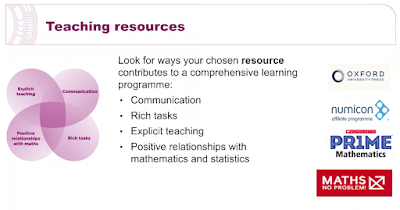What an incredible day we had on July 1st at the Te Oro Music and Arts Centre in Glen Innes, as we gathered for our inaugural Pasifika@Manaiakalani Conference! It was truly inspiring to welcome a vibrant group of 80 eductors that included community workers, and even some cherished retired teachers. The calibre and passion in the room were truly inspiring.
The day kicked off with a powerful keynote address from Dr. Rae Siilata and Kyla Hansell, alongside their amazing team, Dr Martha Aseta, Grace Ormsby Abazu, and Avikaila Sopotulagi Tilialo. Their insights set a wonderful tone for the day, deeply resonating with everyone present. Dr. Rae Siilata opened with a powerful metaphor: "I walk backwards..." inviting us to reflect on the wisdom of our ancestors and the past to guide our steps forward. This resonated beautifully with the Samoan proverb, "E sui faiga, ae tumau fa'avae" (practices may change, but foundations remain), emphasizing that while our methods evolve, the core values and knowledge from our ancestors, highlighted from our Manaiakalani site, remain our unwavering foundation. Attendees particularly noted the profound knowledge and research shared, appreciating how deeply it aligned with Manaiakalani's kaupapa. Messages were well-supported by research around bilingualism, including the significant work of Jim Cummins. A key question stressed by Va'atele was: "Whose knowledge is being valued? What would our students and their families say we value as teachers and as a school?" This provocative inquiry encouraged deep reflection on our practices. The keynote provided a knowledge-rich experience, delivering important messages that extended beyond education to touch on humanity, leading to significant and valuable learning for all.
Following the keynote, attendees had the opportunity to dive into a rich selection of learning, with 12 diverse workshops offered across three rounds. There were four fantastic options in each round, ensuring something for everyone to explore and engage with.
A true highlight was our lunch experience at the Tātou Cafe, just across the road. We were so privileged to be hosted by the talented young people from Tāmaki College, who not only cooked but also served a delicious Pasifika-styled lunch to our entire group. It was a a beautiful example of learning and community in action, and a real treat for all!
We extend our heartfelt thanks to the Manaiakalani Education Trust and TRC - Tāmaki Regeneration Company for their invaluable financial support. A special thank you also goes to PBTech and Mena International Ltd for their generous donations of items for spot prizes and draws, which added so much fun and joy for the teachers who attended!
A huge fa'afetai to all our dedicated workshop presenters who delivered 12 insightful sessions, sharing their expertise and passion with our attendees. Finally, a massive fa'afetai tele lava to all who attended, especially for dedicating what should have been their holiday time to be with us and for adding so much by their very presence and contributions.
Fa'afetai tele lava to everyone who attended and contributed to making this first Pasifika@Manaiakalani Conference such a memorable and impactful event! We look forward to hosting you again in 2026!







